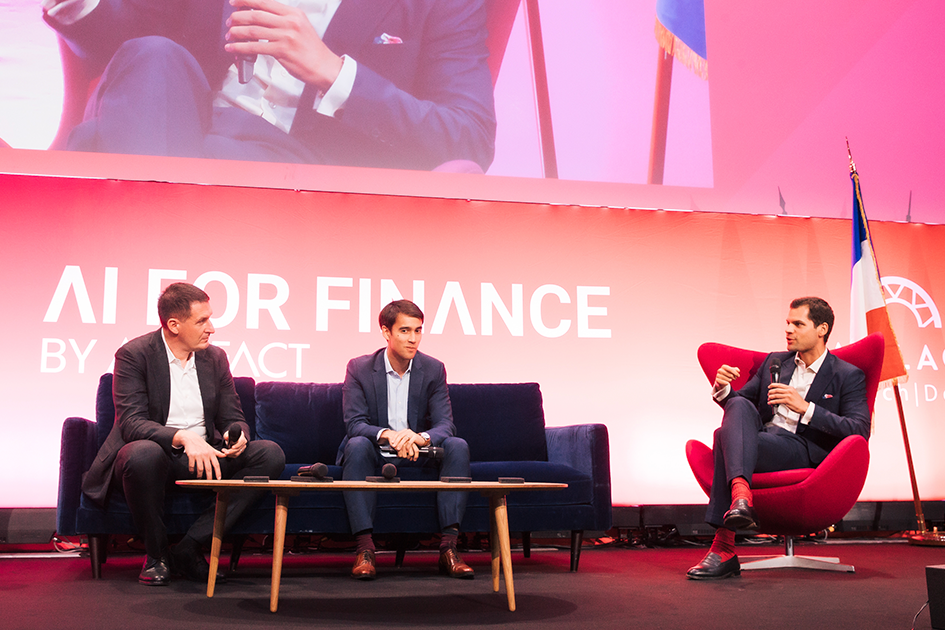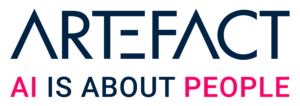AI for Finance Summit by Artefact - September 17th, 2024 - Paris
Key learnings from the panel discussion with Antoine Ly, Chief Data Science Officer at SCOR, Christophe Tummers, Group Chief Data Officer at Société Générale, and Jérémie Cornet-Vuckovic, Directeur Data Consulting, Strategy and AI Projects at Artefact.
The critical role of data management
In the context of AI in finance, data quality is pivotal. Christophe Tummers, Chief Data Officer, emphasizes that without a robust data management strategy, AI cannot function effectively. At Société Générale, the focus is on ensuring compliance while maintaining data quality, as this impacts operational risk and AI accuracy. An example is the challenge of using uncontrolled data, which can lead to liability issues. Many banks are now reinvesting in data management practices to align with evolving AI needs, ensuring a compliant and efficient foundation.
The reinsurance perspective on data challenges
Scor insures other insurance firms, focusing on assessing risks like climate change and large-scale catastrophes. Their data strategy involves both cleaning existing reservoirs and leveraging AI to filter data at the source. This dual approach helps address challenges like building a strong IT infrastructure and educating staff on data and AI applications.
AI Act and compliance strategies
The AI Act, recently adopted in France, brings new regulatory demands. Antoine Ly describes how Scor sees this as a part of their broader compliance landscape. They must align with regulations across Europe, Asia, the Americas, adapting existing frameworks as needed. It requires adjustments and ongoing education for full understanding. Scor’s cautious and model-driven approach makes these regulatory changes manageable.
Adapting to a fast-evolving regulatory environment
Société Générale’s perspective on the AI Act involves a future-oriented approach. They aim to innovate and develop a more advanced data management framework. AI and privacy pressures require an evolved strategy, moving beyond industry norms to develop more robust frameworks for the future.
The role of collaboration and common frameworks
Christophe Tummers advocates for the use of industry-wide frameworks to benchmark progress and ensure comprehensive compliance. Working together with regulators and other industry partners fosters a collective intelligence that drives improvements across the board. This collaborative approach allows for continuous progress and helps identify the right path in a constantly evolving AI landscape.
Balancing regulations: the regulator as an ally
While some may view regulators as imposing constraints, Christophe Tummers takes a contrarian view, seeing them as allies working towards the common goal of a stable financial system. Regulation is seen as a necessary part of the AI ecosystem, requiring banks to balance client interests, financial stability, and innovation.
Challenges of working with regulators
Antoine Ly provides a nuanced view, highlighting differences between various regulators. He cites the European regulator’s struggle to understand evolving AI trends, contrasting it with the insurance regulator’s clearer focus on consumer protection. This reflects the importance of engaging with regulators who understand industry needs and objectives.
Evolving regulation and the need for adaptability
Both Scor and Société Générale agree on the need for adaptable regulation that allows for review and improvement over time. Legacy decisions should be revisited to ensure they align with current technological realities, balancing compliance and innovation.

 BLOG
BLOG



